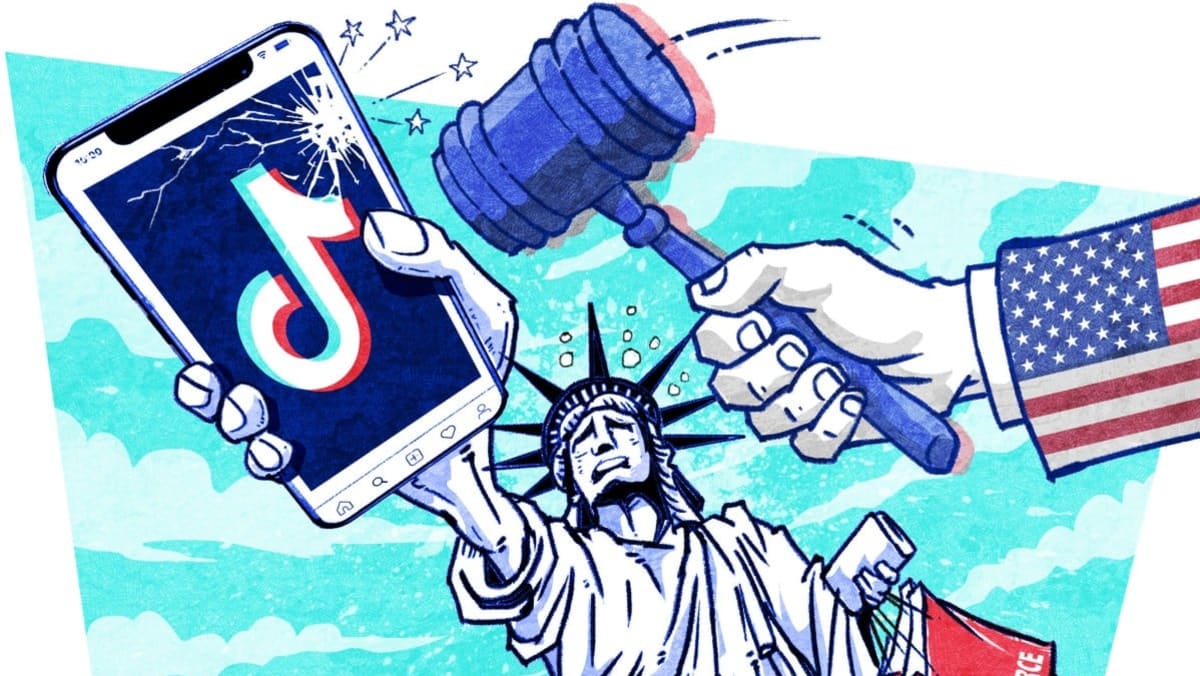Police statistics show that more than 6,300 victims fell prey to the “fake friends” scams from January to November last year. The losses amounted to over S$21 million.
Mr Supramaniam said that for most victims, punishment for the perpetrators is actually not at the top of their mind.
“They are not interested in having these people be prosecuted and go to jail. The legal consequences, they are secondary. They just want to regain the money as it’s their savings.”
EXERCISING CAUTION
Given how digitalised society is now, personal information could be easily found even if users mask their PayNow names, NUS’ Assoc Prof Pang noted. For example, people often use their real names on social media and messaging platforms like Telegram and WhatsApp.
“Be very cautious about the kinds of personal information you put out about yourselves, such as your names, phone numbers and addresses,” said Assoc Prof Pang, who is with the university’s communications and new media department.
“One should also regularly review privacy settings of apps such as social media and chat apps, in order to restrict the visibility of one’s profile and who can view your information and profile.”
NTU’s Assoc Prof Law, who has himself received a fake friend scam call, said users must exercise caution when someone claiming to be a friend or acquaintance asks for favours or money over the phone.
Users should visually verify the person’s identity, as voice cloning technology is now advanced enough for someone’s voice to be replicated with just a few minutes of audio recording.
While scammers can still use deepfake technology to clone a friend’s appearance, it is more difficult to scale such operations due to the increased computing power required, he said.
While users should be vigilant, the responsibility to protect customers lies primarily with the banks, Assoc Prof Law said.
Under current Personal Data Protection Act regulations, organisations are required to implement security measures to protect personal data from unauthorised access, collection, use, disclosure or similar risks, he explained.
“Banks should ensure that their systems and practices comply with these regulations to safeguard their customers’ data and prevent it from being exploited by scammers,” he said.
The UOB spokesperson said that protecting customers is a priority, and it has “progressively introduced various security controls and measures” with the increasing number of scam cases reported in Singapore.
“That said, our customers remain the singular most effective defence and we strongly urge them to exercise vigilance and caution in this ever-evolving threat landscape,” said the spokesperson.







_0.jpg?itok=KfdsMYXX)






